
‘A radical paradigm shift is required in which mental suffering is understood not in isolation, but in relation to consuming and depriving human existence of its roots: family, community, and a transcendental orientation. Only then can Hungarian society, as well as the West as a whole, like a reemerging forest, rediscover itself and create a society based on human flourishing instead of technological determinism; a society full of mentally resilient people with meaningful lives.’
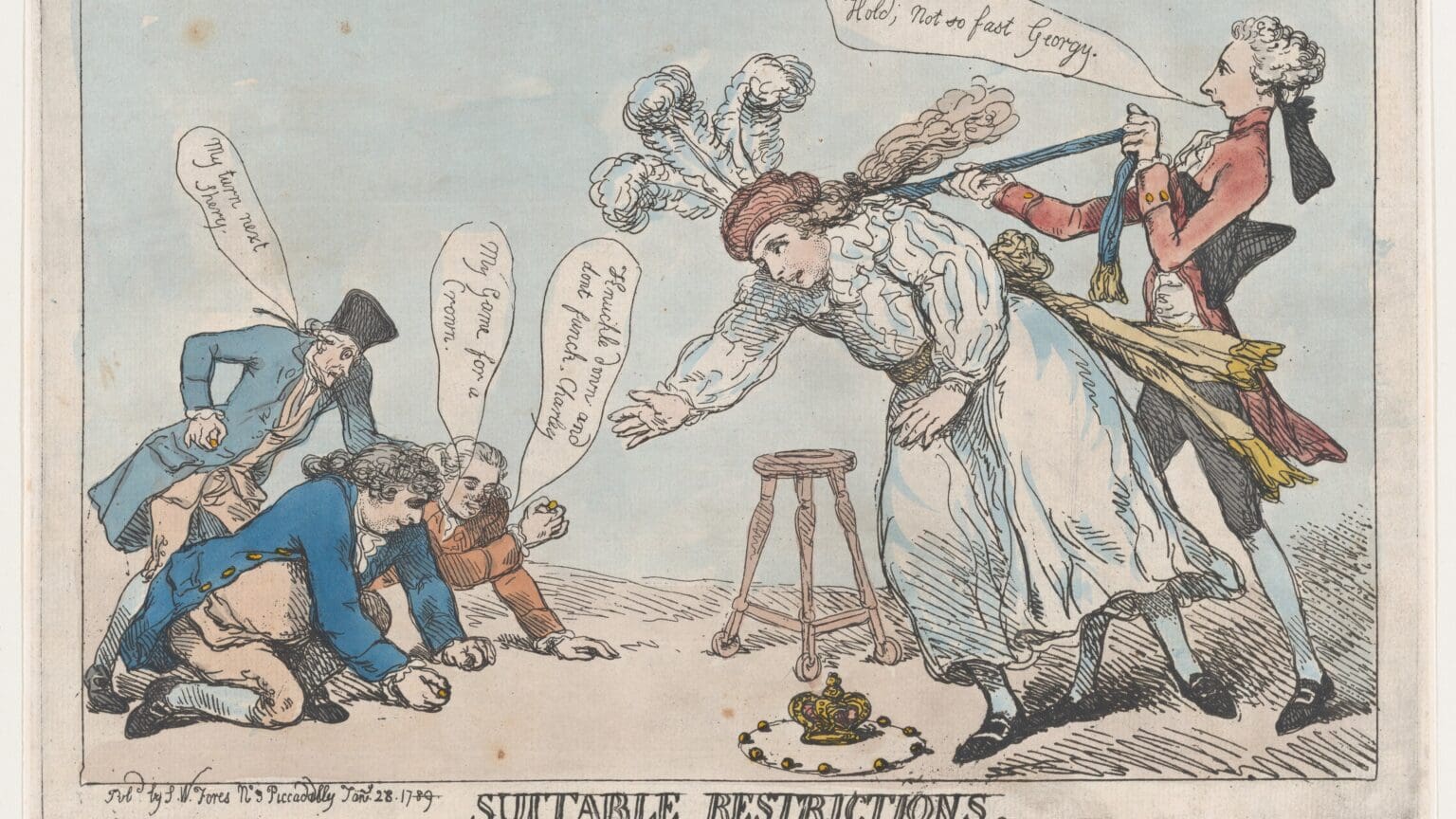
‘In today’s democracy, authority is in crisis because real authority cannot follow from mere quantity. Quantity is always relative, and the thing what is ‘never identical to itself’ cannot awaken the intuition of true respect, true authority, and true supremacy. A real authority is someone to which, as Edmund Burke writes, one can “freely and proudly submit” himself. Real authority would also require the recognition of the legitimacy of a transcendental sphere, beyond the world of relativity.’

‘Schmitt’s thought becomes particularly relevant in understanding how governments define the parameters of inclusion and exclusion in their responses to the pandemic. Schmitt’s theories provide a realistic framework for analysing such complex political issues, and understanding such a critical perspective might encourage visible improvements in liberal legal and political systems.’

Spengler’s work has not lost any relevance over the century that has passed since it was released, but rather has become increasingly significant: it is now one of the inescapable foundations of the philosophy of history. Many of the predictions concerning the fate of humanity—especially the distinctions Spengler drew between culture and civilization—do not seem to contradict the major ideological, political, artistic, cultural, social, and economic trends of the present day.

‘For material, political, and geopolitical reasons, democracies trend towards long-duration, remote, low-exposure, naval, air, and space warfare. An absent-minded reading might leave a reader with a sense of dissonance between democratic tendencies and democratic victories in two world wars. In fact, the world wars were distant and long-lasting for the few democracies that won in the end.’
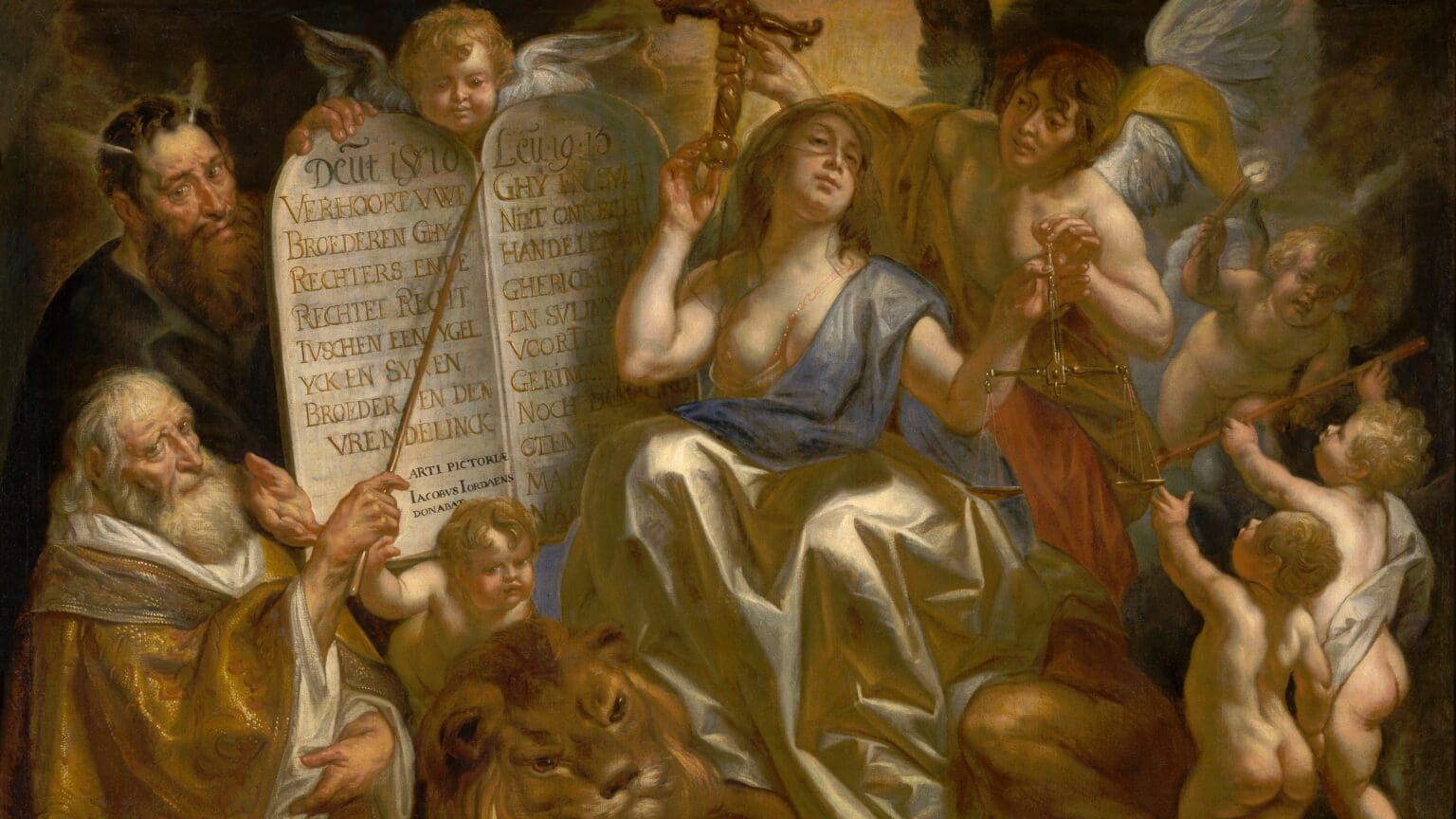
The notion of law reached new heights in the thirteenth century with Aquinas. Building upon the jurisprudence of the father of canon law, Gratian, who synthesized and harmonized the works of Roman jurists and the theological traditions, the Angelic Doctor developed the concept of law as that which is both absolute and rational, ordained by God Himself. Consequently, since God’s reason cannot be subjected to time, His law must be eternal, Aquinas reasoned.
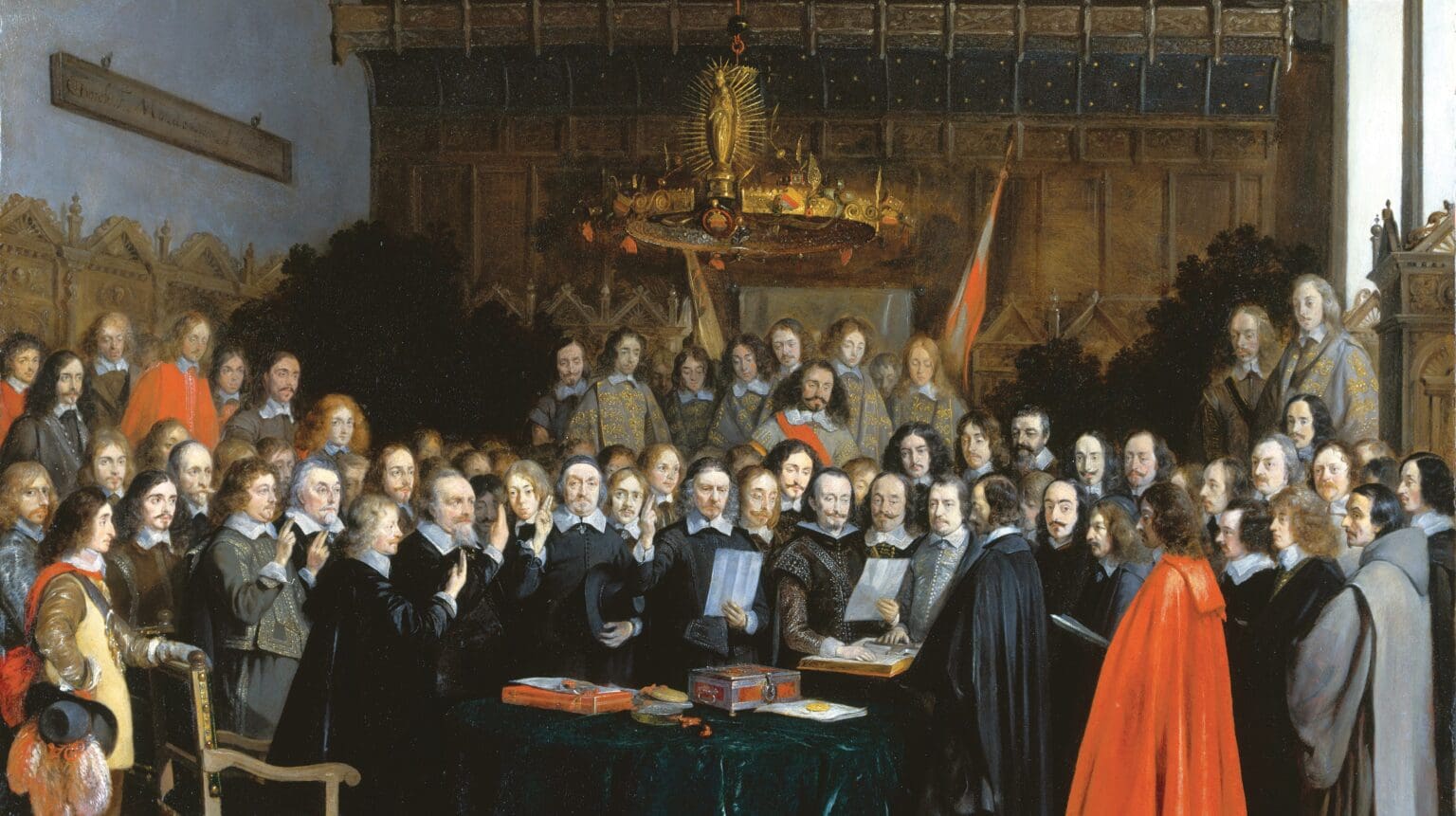
In Scruton’s philosophy…the social practice of legislation and jurisdiction could not be realized outside the national framework, because—regardless to their origins—the interpretation and the enforcement of the set of legal rules and moral duties, even human rights, are bound to nation states…
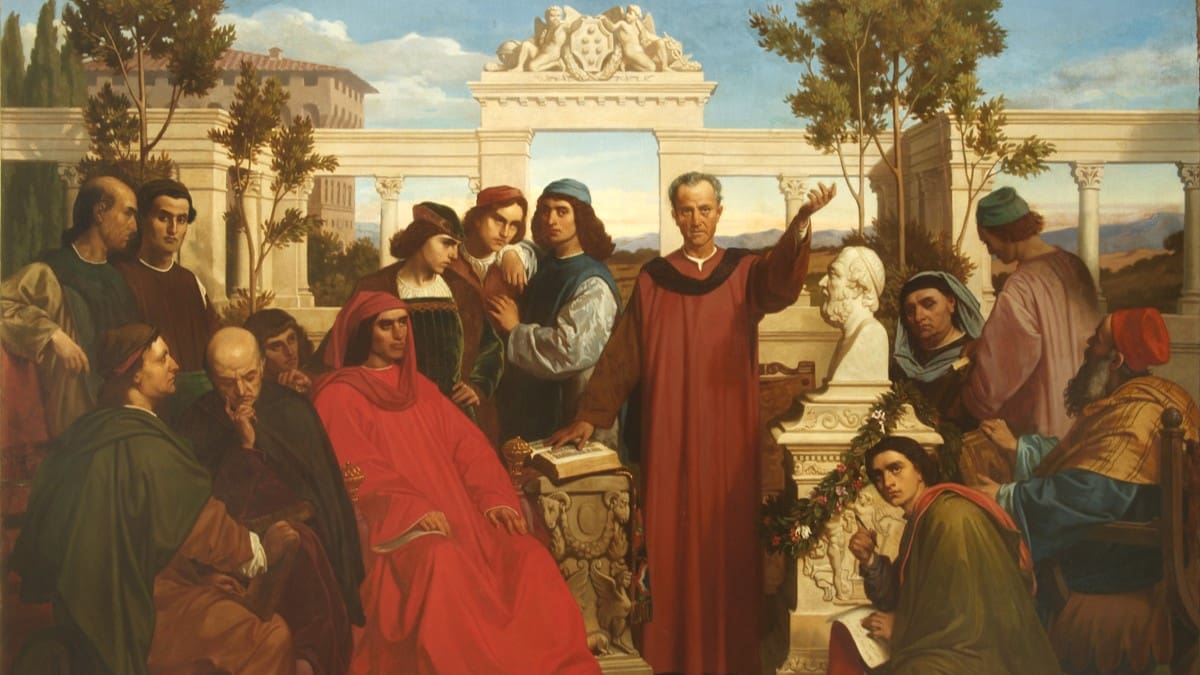
‘Before the corrosive spirit of purely rational analysis without synthesis became widespread, societies were conservative because they perceived the non-variable essence behind phenomena not only through their most eminent intellectuals but also collectively. The ‘‘men of the spirit’’ in each age had a particular connection with this spiritual essence, a relationship of a different quality than most of society. This is the origin of true priesthood and also of true ‘‘intellectuality’’.’

‘Instead of alienating modern man and calling him weak, conservatives should put forward mankind’s greatest treasure: a transcendental focus towards meaning. Only then can this time of polarisation and erosion of mental resilience, social cohesion and institutions be turned into a renaissance of society.’
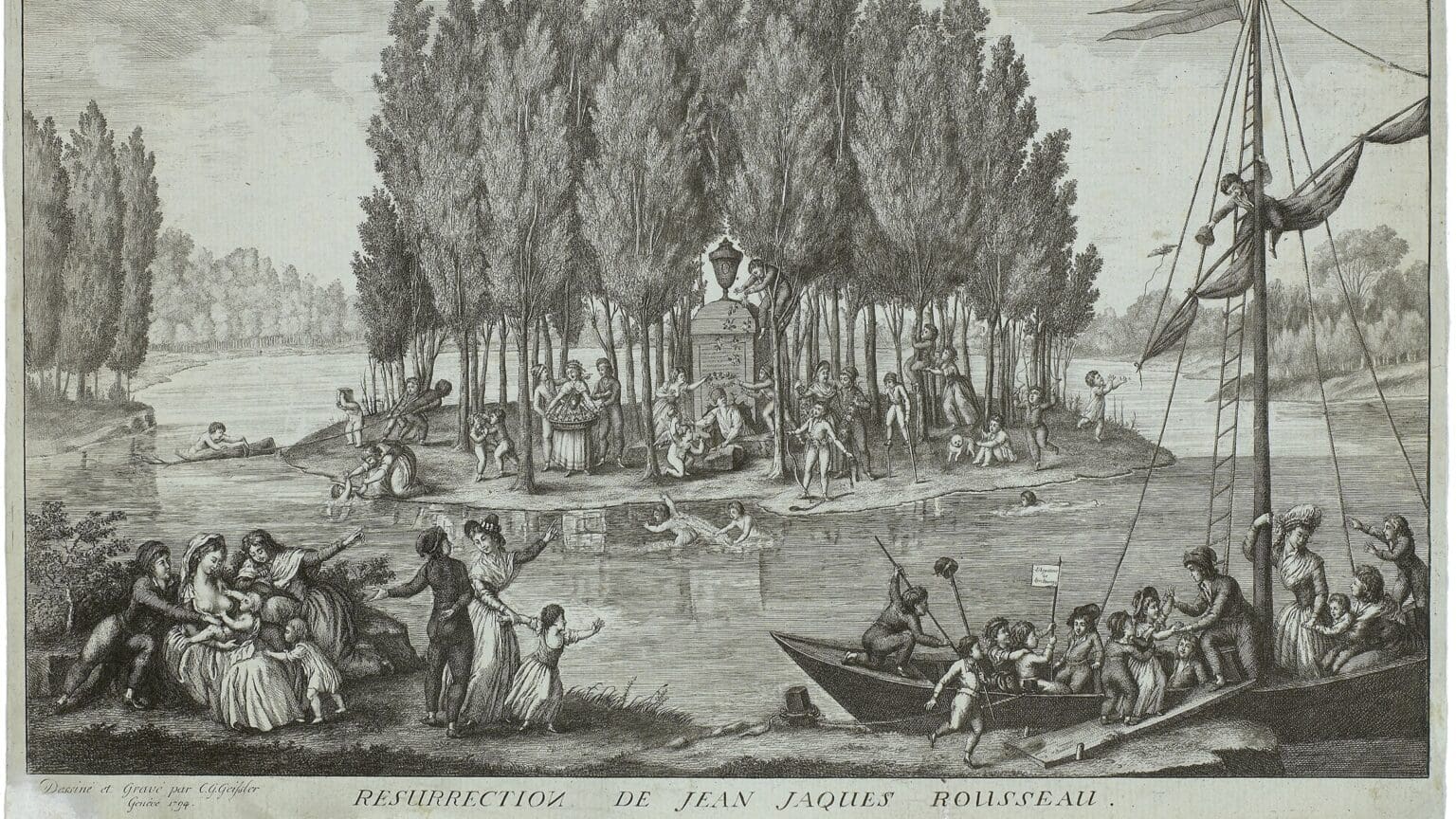
Paradoxically, it seems that democracy can only sustain itself and protect itself from collapse, (tyranny and chaos) precisely by what is not democratic in it. It seems that it is always easier to justify democracy with a quasi-mystical hypothesis than with one that starts from the existing conditions of political realities. In democracy, we can clearly say that there is a huge gap between the ‘ideal’ and the ‘realistic’ and precisely because of this democracy definitely needs a ‘leap of faith.’

One simply cannot put something as complexly different as the Chinese intellectual field onto either the American left–right axis or the West-European ideological taxonomy. Ultimately, the Chinese field is a different world, albeit one that bears affinities with, and shows much interest in, us Western conservatives.
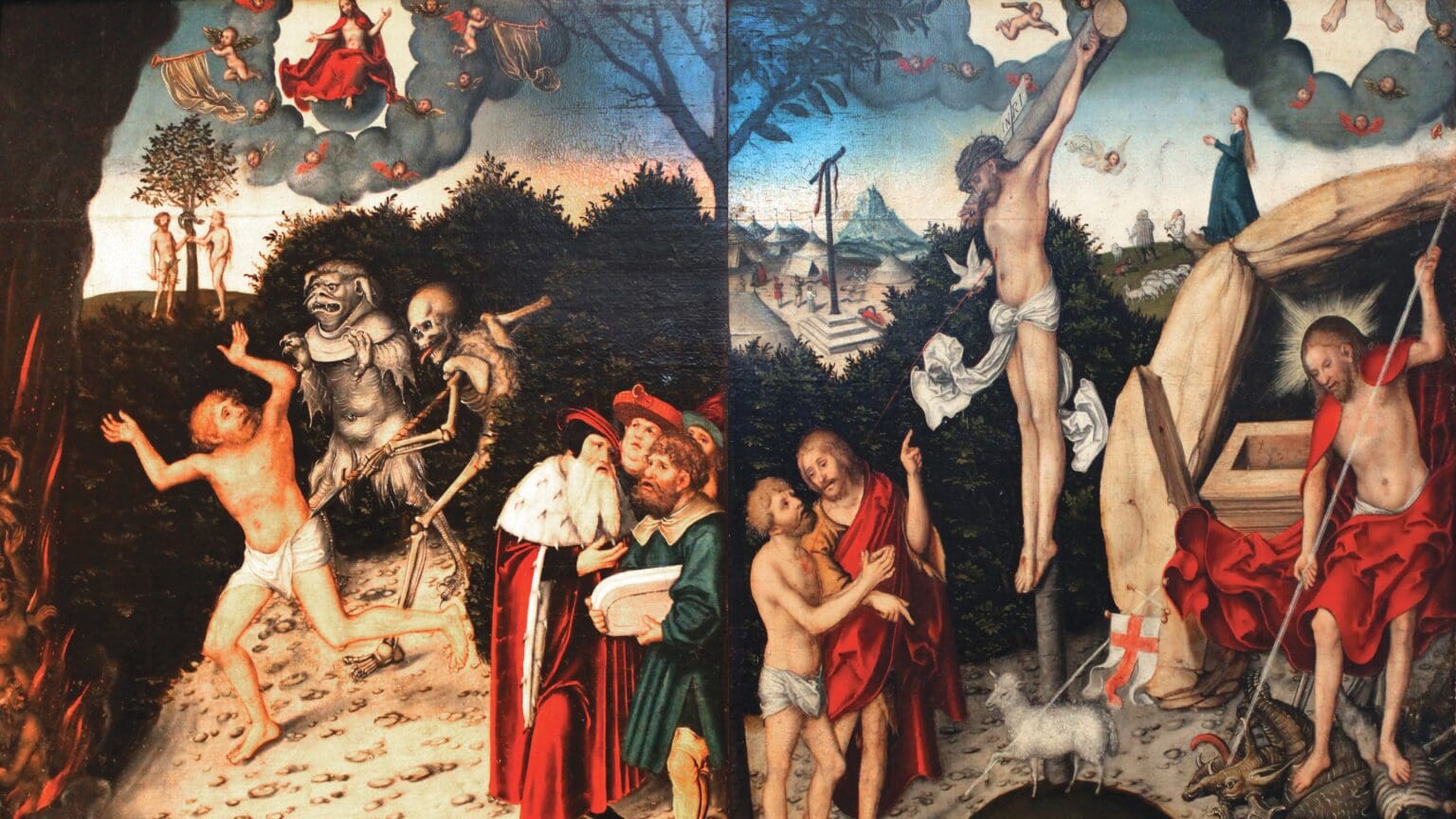
Nanos gigantum humeris insidentes, or dwarfs standing on the shoulders of giants, is a phrase first used by the twelfth-century French philosopher Bernard de Chartres. It has been chosen as the motto of the Barna Horváth Hungary Law and Liberty Circle, calling for a balance between healthy ambition and intellectual humility and respect for previous generations.

While the supposed freedom of a materialistic culture will tend to undermine any sense of the sacred, we can be aware of the false idols and choose to tend to our souls. Scruton, indeed, left us a final work on this very topic.
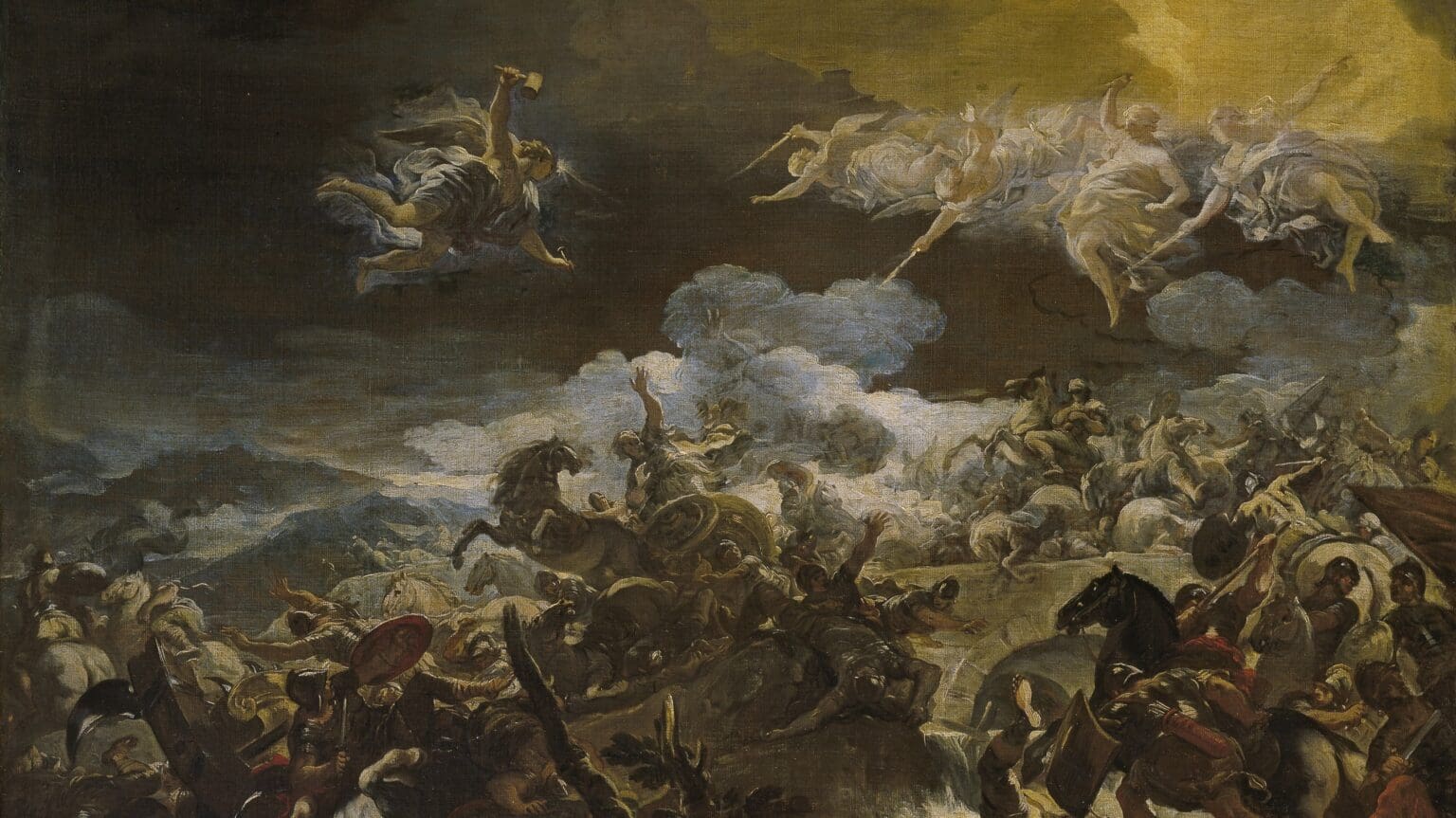
The inherent dilemma regarding the rules of engagement in a just war is that they tend to become either vague or restrictive when military operations fail to achieve victory or a ceasefire leading to peace.

Political philosophy that is clearly separated from legal philosophy could not really take root in Hungary either in the Renaissance or in the 18th–19th centuries. Outstanding experiments such as certain writings of Count István Széchenyi or Aurél Dessewffy, the ‘Ruling ideas’ of Baron Eötvös or some excellent political essays by Zsigmond Kemény remained isolated experiments. Ottlik is one of the first Hungarian practitioners of political philosophical thought who can be integrated into the Western traditions of political thinking.
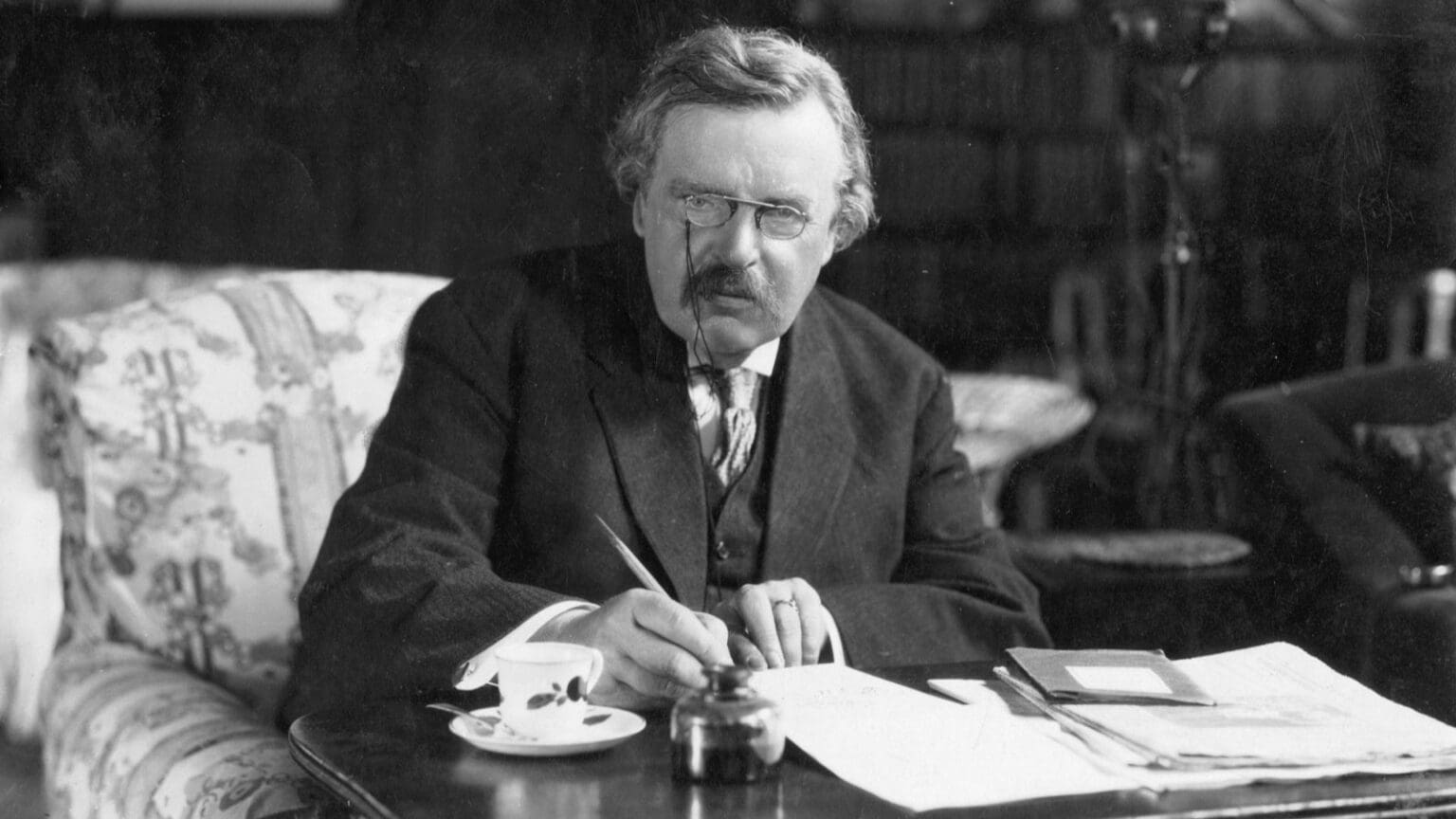
The most characteristic phenomenon of modern industrial capitalism in Chesterton’s assessment is the development and creation of the so-called ‘trusts,’ economic monopolies that deliberately strangle small businesses, while not infrequently operating as a criminal consortium, intertwined with political and state power.
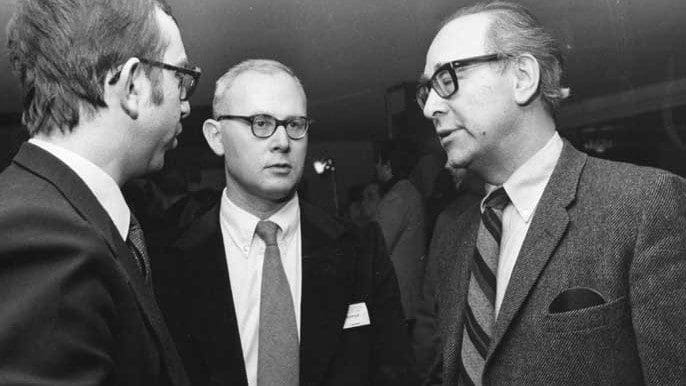
‘The duality of God and man is the most fundamental reality of existence: a reality which can structure and constitute all relations of human beings. This principal duality is the source of everything: epistemology, ontology, moral philosophy, politics, and—of course, as Martin Buber said before—the “Ich und Du” relationship is the source of the true philosophy of religion and theology. This point of view is close to the most fundamental personalities of modern Catholic thought, and the philosophy of neo-Thomists such as Jaques Maritain and Étienne Gilson. According to Molnar, this “I and Thou” is the message which the true Christian philosopher has to protect against modernity’s aggressive immanentism, which could be materialist or spiritualist, too. The essence of this immanentism is the dissolution of transcendence into man’s imaginary “divinity”—to reach the deification of the world.’
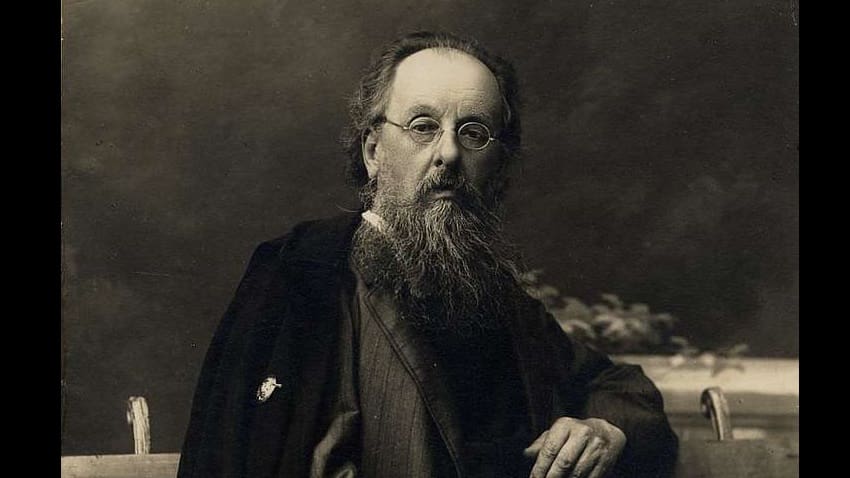
‘What is less known is that Tsiolkovsky essentially wrote his groundbreaking contributions to rocket theory as supplementary notes to his philosophy of space exploration, which was the primary focus of his attention and consumed most of his efforts. What is even less acknowledged is that the philosophical foundations of his framework had an inalienable influence of Christianity that played an important role in shaping his perspective, a fact which Tsiolkovsky himself recognized.’
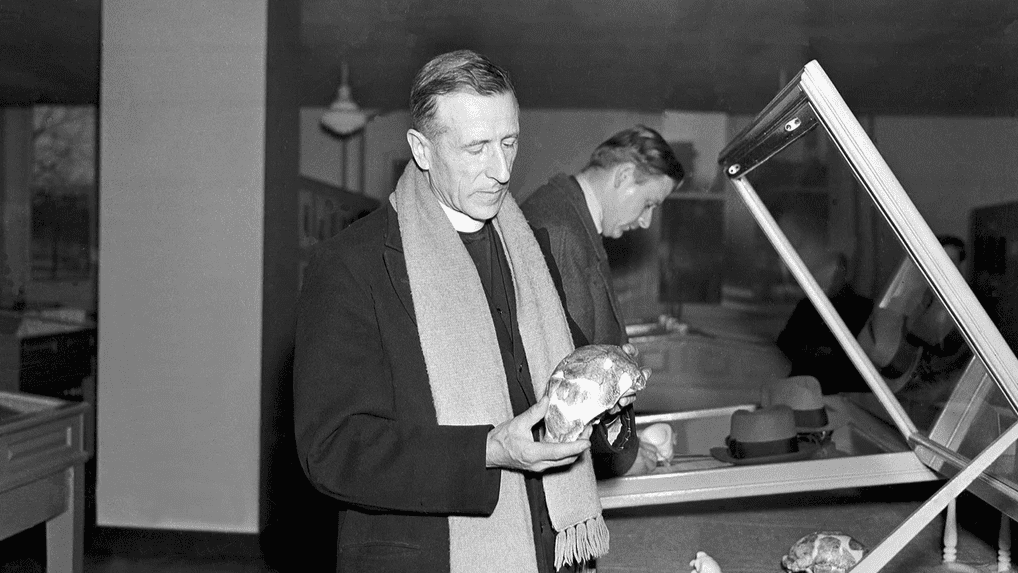
Pierre Teilhard de Chardin is without a doubt one of the most prominent theologians of the 20th century, whose intellectual contributions to both science and religion gained recognition and respect from both the clergy and the scientific community. His oeuvre demonstrates that faith and scientific inquiry are in fact not at odds with each other.
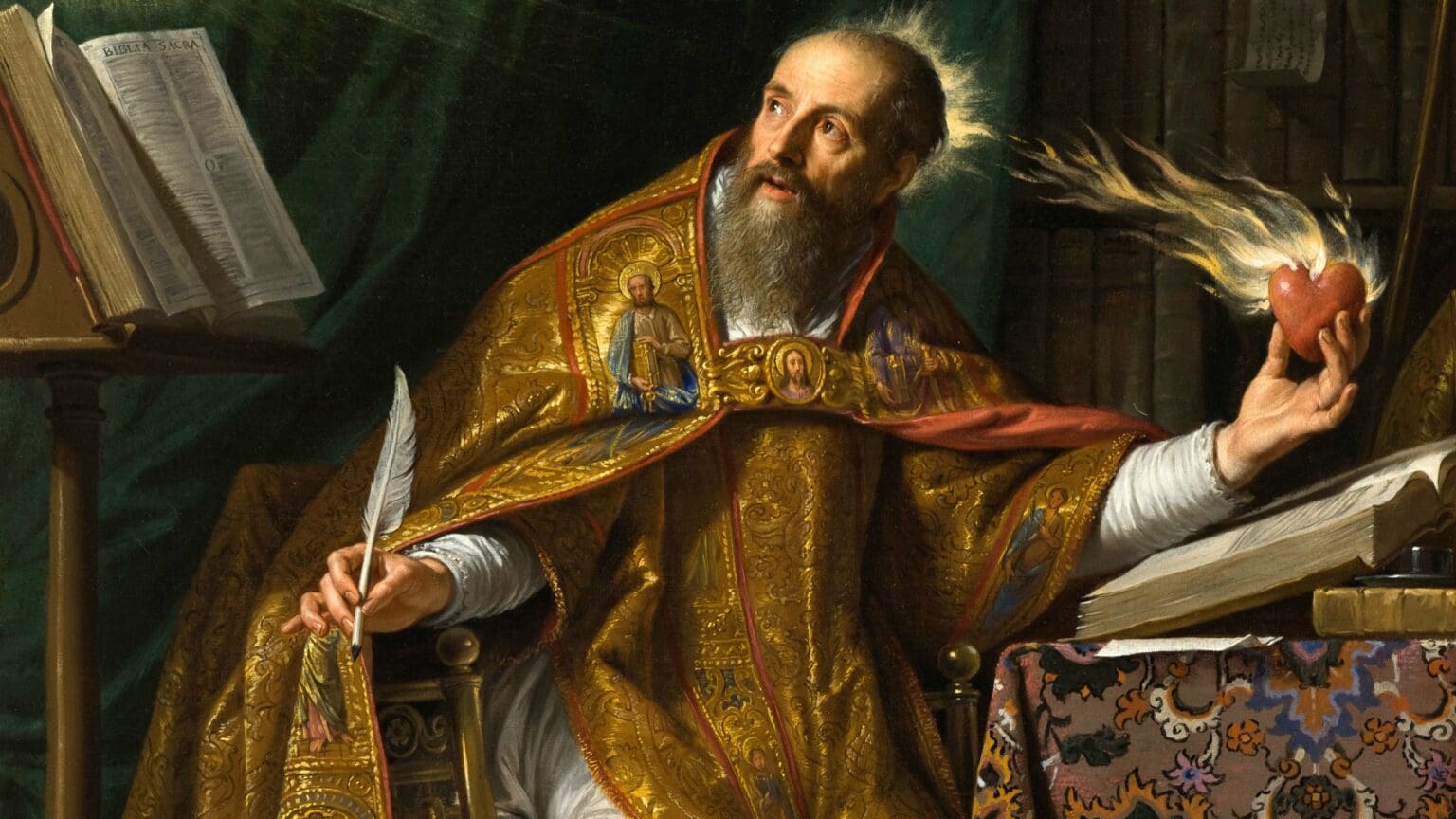
One of the recurring topics of Agustine of Hippo’s City of God, a foundational work of Western philosophy, is his critique of Roman religion as having no moral teachings to offer.

‘When Marx explained the philosophical foundations of dialectical materialism, he first of all referred to the “development of the natural sciences”, just as the representatives of today’s New Atheist movements like to claim that “science has surpassed God” when explaining their theories.’

‘The term “liberal” was undoubtedly originally associated with the aristocratic spirit of freedom and generosity (in Latin: liberalitas), which, recognizing a natural hierarchy among individual beings, finds diversity welcome and does not desire to make things equal in all circumstances. Since many of the theoreticians of liberalism did not take this principle into account, it can be derived that most liberals strongly oppose the principle of authority.’
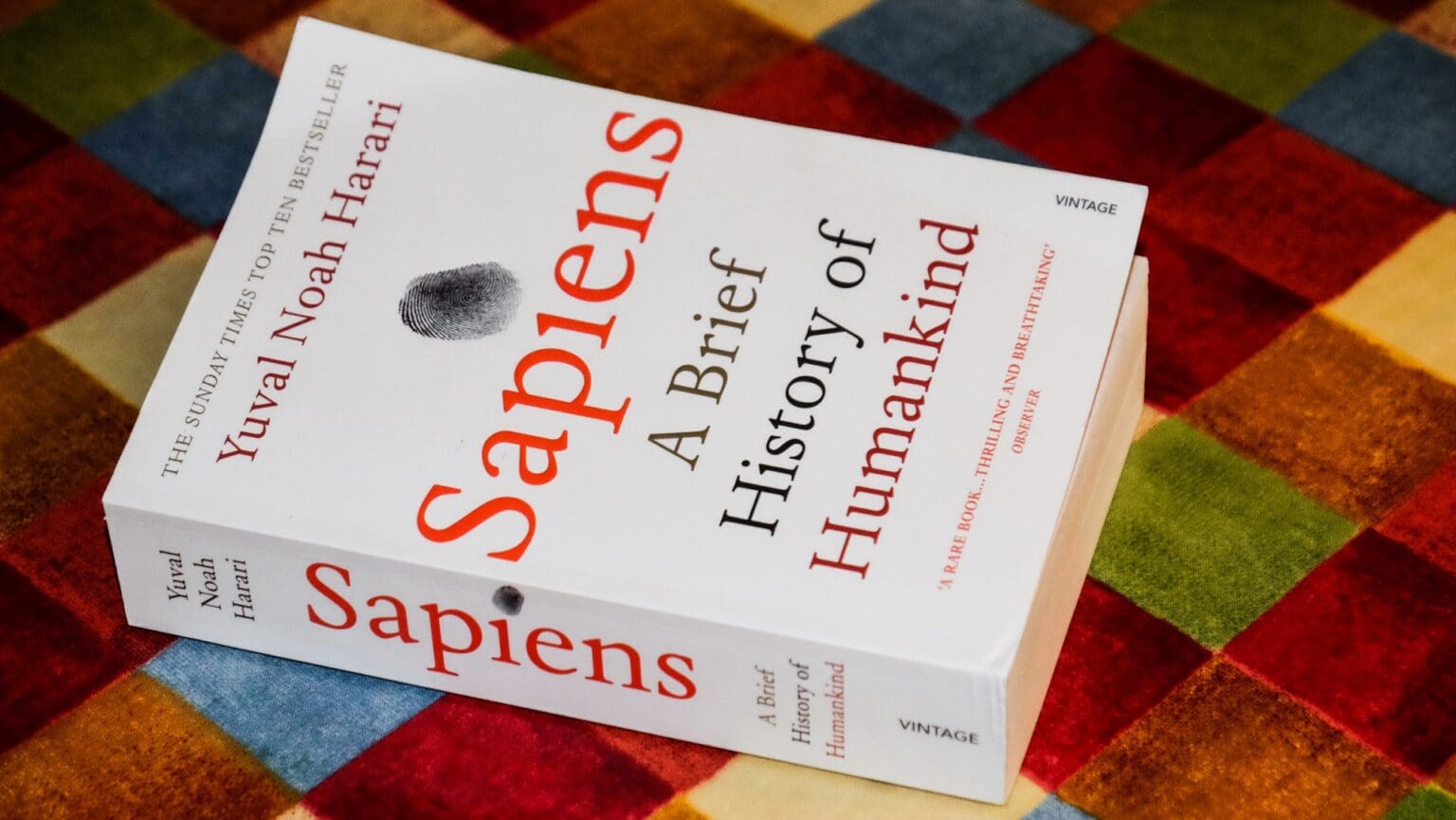
‘Transhumanism—at least in the form in which it is represented and explained by Harari—stands, above all, on the ground of anti-religion. The mechanical man, who becomes immortal, as the meaning and purpose of history, is above all the opposite of the eschatological perspectives of all religions.’

Hamvas’ focus on metaphysical questions in the field of philosophy did not simply stem from his belief in God or his religious predisposition, but rather from this critical attitude towards modern natural science, from a ‘scepticism against scepticism.’
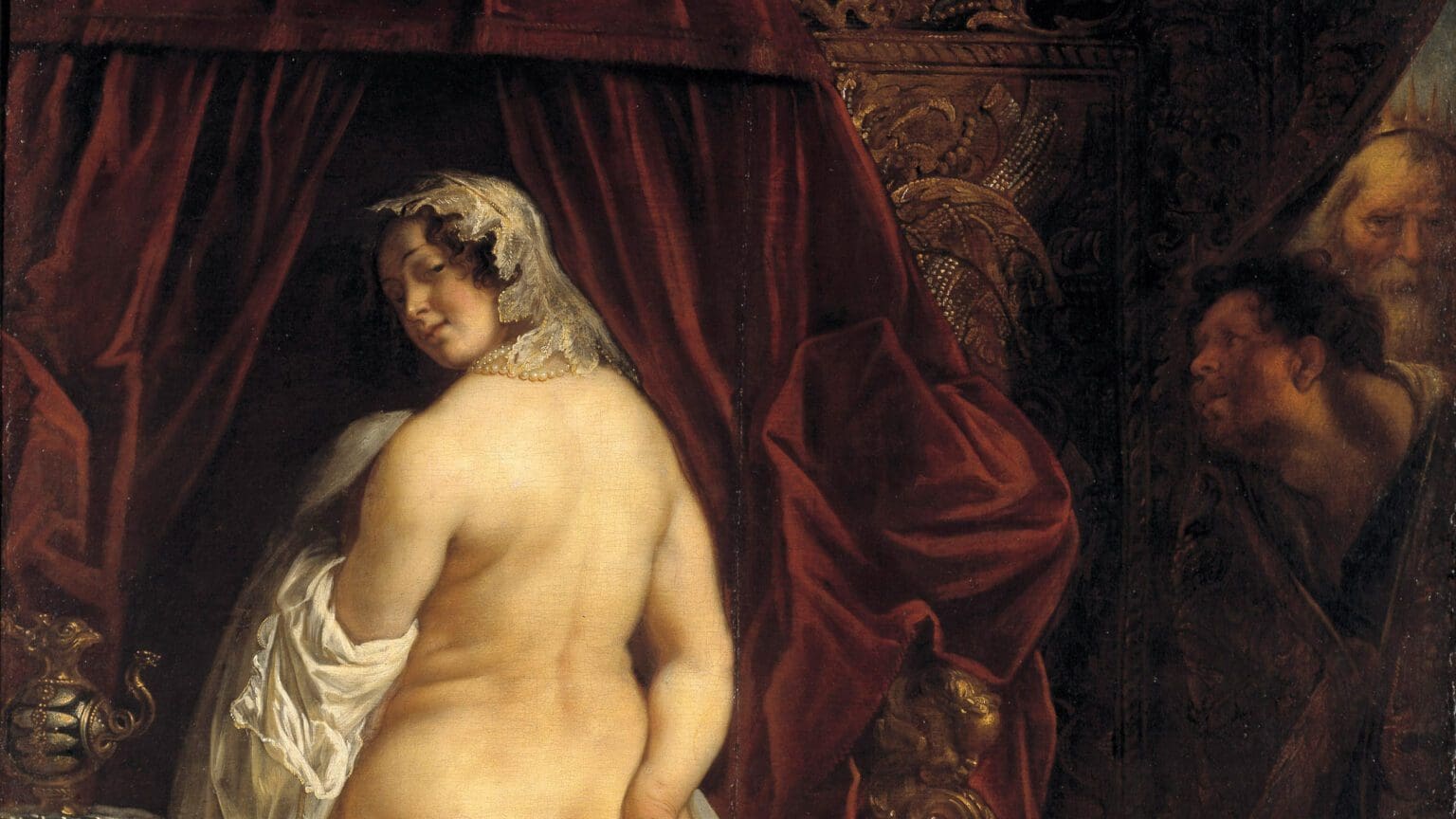
It takes courage to see which situations and expectations the conservative should reject. And it takes courage to say ‘no’. The dilemma of when courage is appropriate and when moderation is needed is not logically insolvable. In the words of Winston Churchill: ‘It is better to be both right and consistent. But if you have to choose—you must choose to be right.’
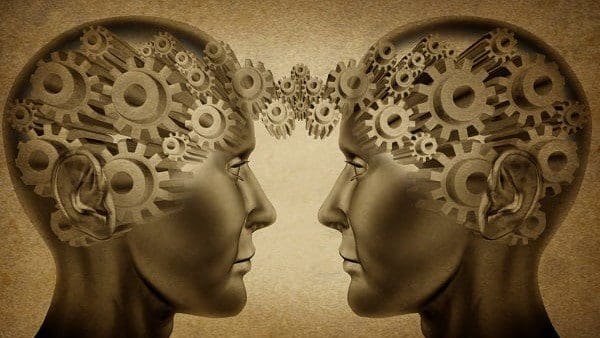
Oakshott’s individualism differed from the individualism of liberalism, which rejects traditions. Oakeshott assumed that individuality can only be created in some context, and that freedom can only be enjoyed in order. It is not the acceptance of authority, but the absolutization of reason that destroys individuality, as he explained in his preface to Hobbes’s Leviathan.
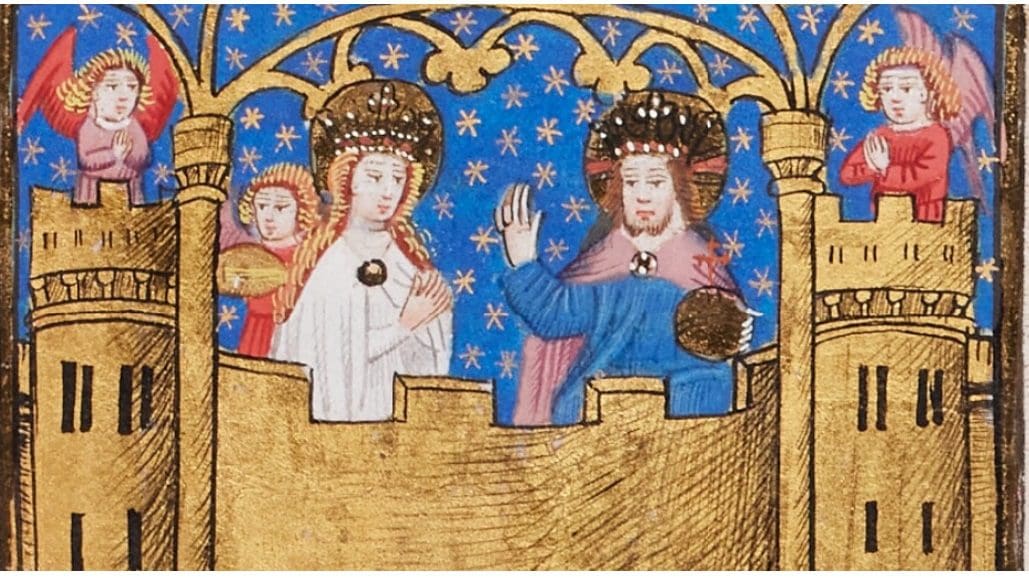
‘If a society is exhausted in immanence, if people are not aware of the finitude of their own life, knowledge, and power, and if every goal of the person, the state, and politics is directed towards material interests, then the state will be exactly that Civitas Terrena, which is also Civitas Diaboli. Everything is justified by the stronger interest (Hobbes), pragmatism and secular science serve the immanent power goals of the great Leviathan, while real wisdom, taste, and arts, that make life pleasant (or just bearable) start to decline, wither, dissolve into a gigantically increased bureaucracy called the state.’

Hyper-democracy is already here, it will grow stronger, and we are only starting to understand its profound effects. Some of them will be detrimental, others will open up new opportunities. This might appear overwhelming and unprecedented to some, but in truth, that was the case with all great technological or political upheavals…

The lack of humility, modesty, the lack of deference to one’s superiors, the lack of discipline and respect are the main causes of most of the political and sociological problems of modernity. After all, according to the blind believers of progress, sailing never ends. However, according to conservatives, there is no such thing as an island of Utopia. Their problem in politics is not the search for an island that doesn’t exist, but: ‘[h]ow to get the disgruntled crew to help keep the ship of the state afloat, to keep it from capsizing and being shipwrecked?’
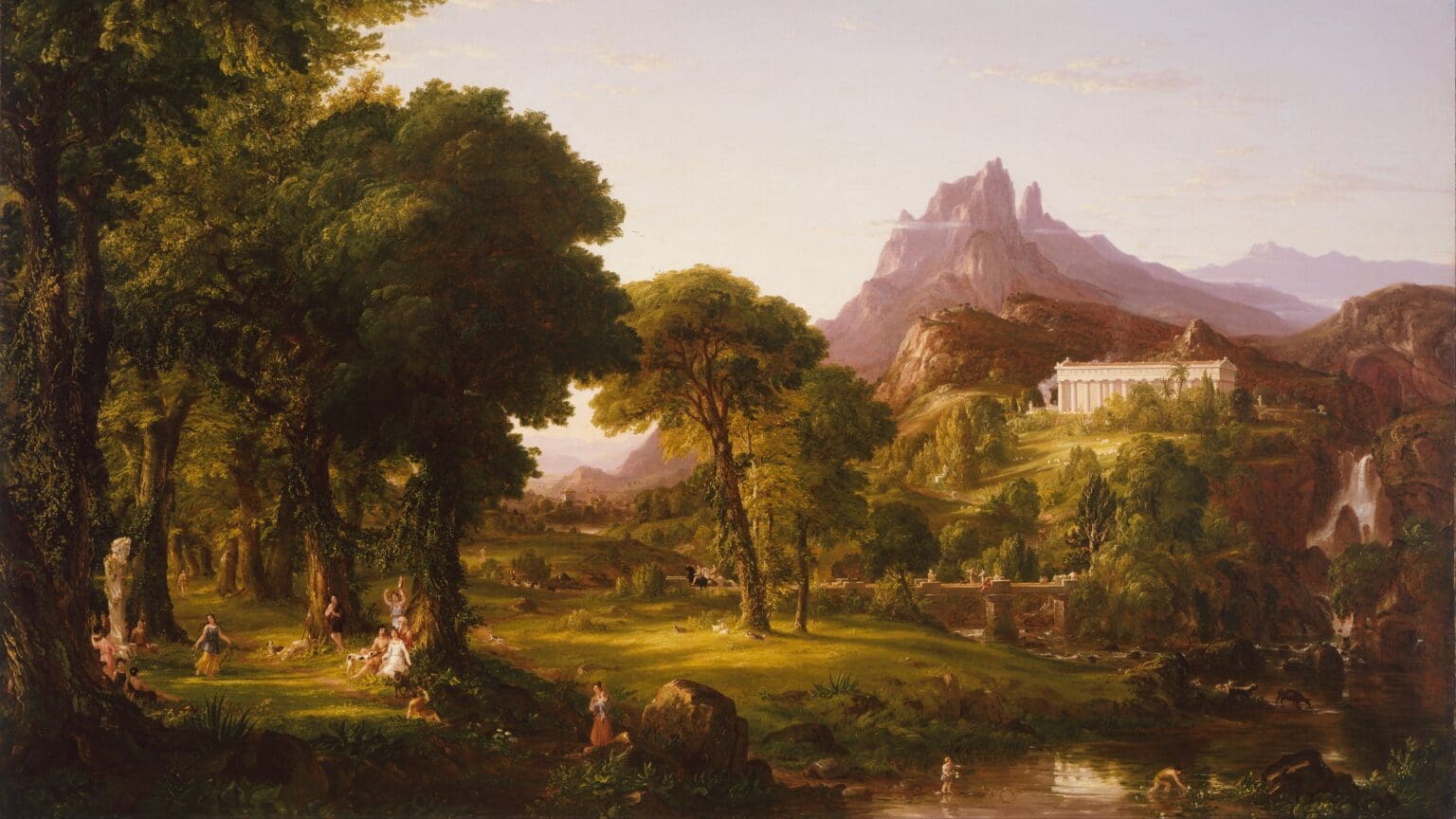
Perhaps the most exciting aspect of the work is that its author is brave enough to challenge completely the established thinking and vision that takes historical progress and the associated rise of liberalism for granted.

Hungarian Conservative is a quarterly magazine on contemporary political, philosophical and cultural issues from a conservative perspective.